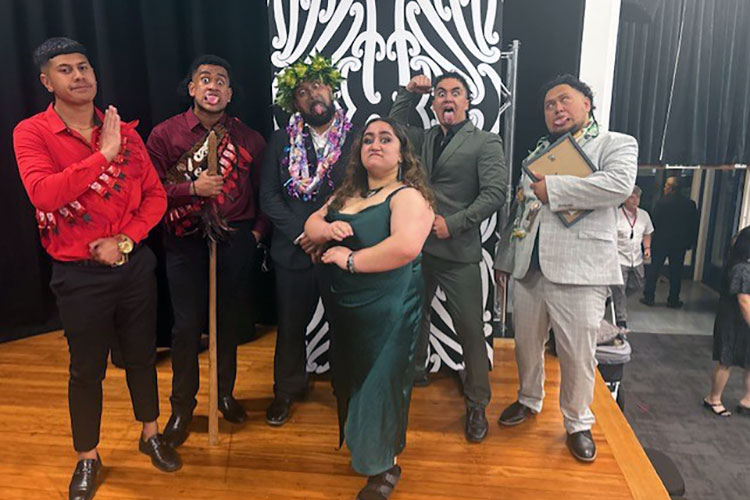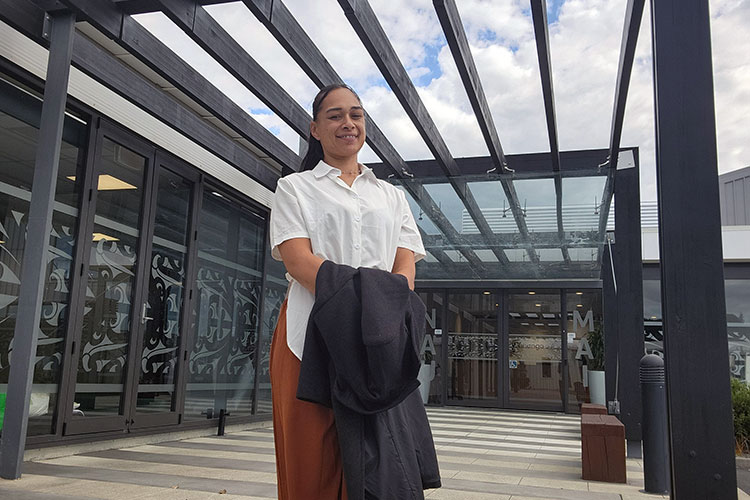Husband and wife duo, Drs. Tim and Joni Angeli-Gordon are excited to take their research project to the next level after being awarded a significant grant from the Health Research Council of New Zealand (HRC).
The couple’s ground-breaking study on minimally invasive gastric ablation for gastrointestinal disorders has received funding of $1,199,996 for a duration of 36 months. The project will be led by Te Manawahoukura Rangahau Centre at Te Wānanga o Aotearoa in partnership with Waipapa Taumata Rau, The University of Auckland.
“This funding means we can continue with the project and allows us to take it to a whole new level. It’s rare to be able to do this sort of work alongside my wife, but I couldn’t do it without her and her knowledge of te ao Māori,” says Tim.
Through this research project, the couple hope to provide both patients and doctors with the answers needed to explain and treat gastrointestinal disorders that affect up to 30% of the world’s population.
Tim’s background in biomedical engineering has already allowed for the project to reach its current stage where the team have developed a new method to stop unusual stomach signals by creating a tiny scar with targeted energy and they have tested this successfully in open-surgery on lab models.
Now, with the help of Joni, who has a background in secondary school teaching in both Kura Kaupapa Māori and mainstream as well as a passion for Indigenous education, supervision, and decolonising research methods, the research project will expand to explore Māori perspectives to guide gastrointestinal interventions.
“We want to see what this research might uncover with a Māori lens and wairua element. I feel lucky to be able to contribute and hopefully from this we will see transformative and tangible results. And it’s good that the funders are able to see the value in this project too.”
For Tim and Joni, it’s important that research and other similar projects are committed to incorporating a te ao Māori approach, hence why they chose and are proud to be working within a Māori organisation.
The couple hope that through their mahi they will inspire their 2 daughters and other Māori to contribute to the growing Rangahau and academia space in Aotearoa.
“We're hopeful that this project will provide a model of what medical research could look like. A model that engages with and incorporates Indigenous knowledge. We’re excited to see what it looks like in the end, the potential and how it's going to shape things.”




































